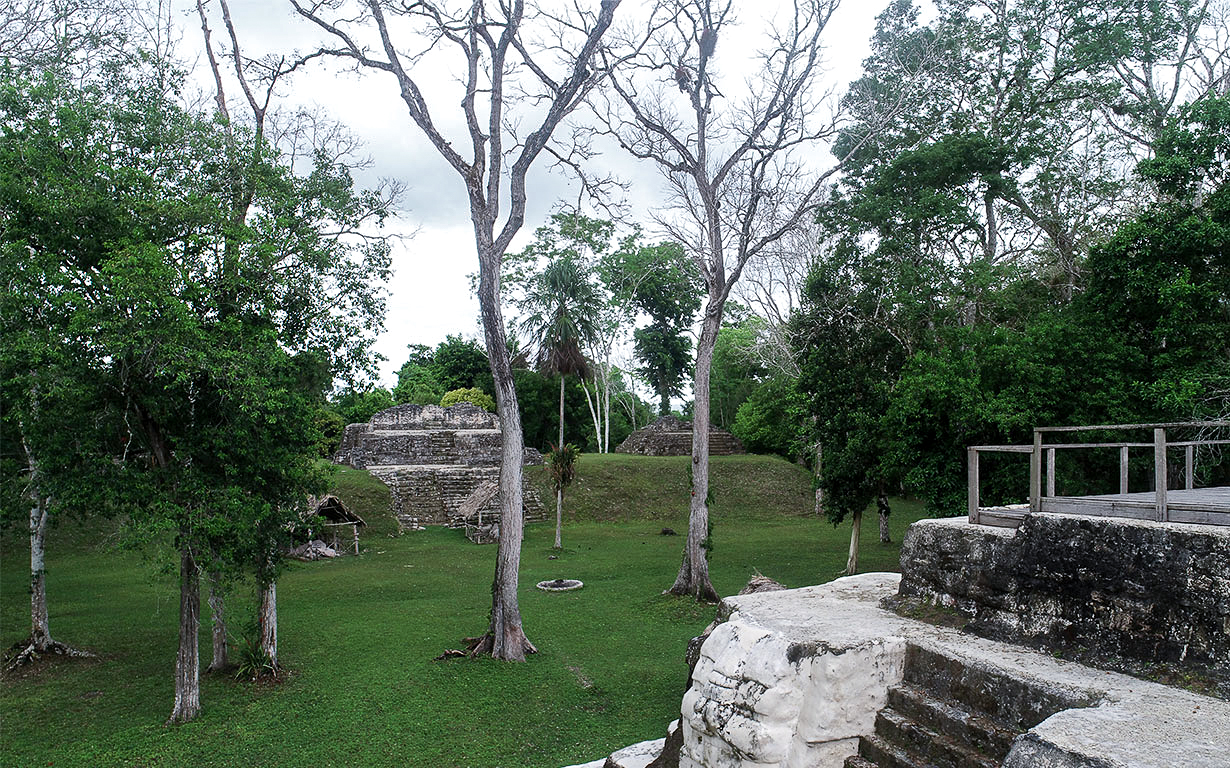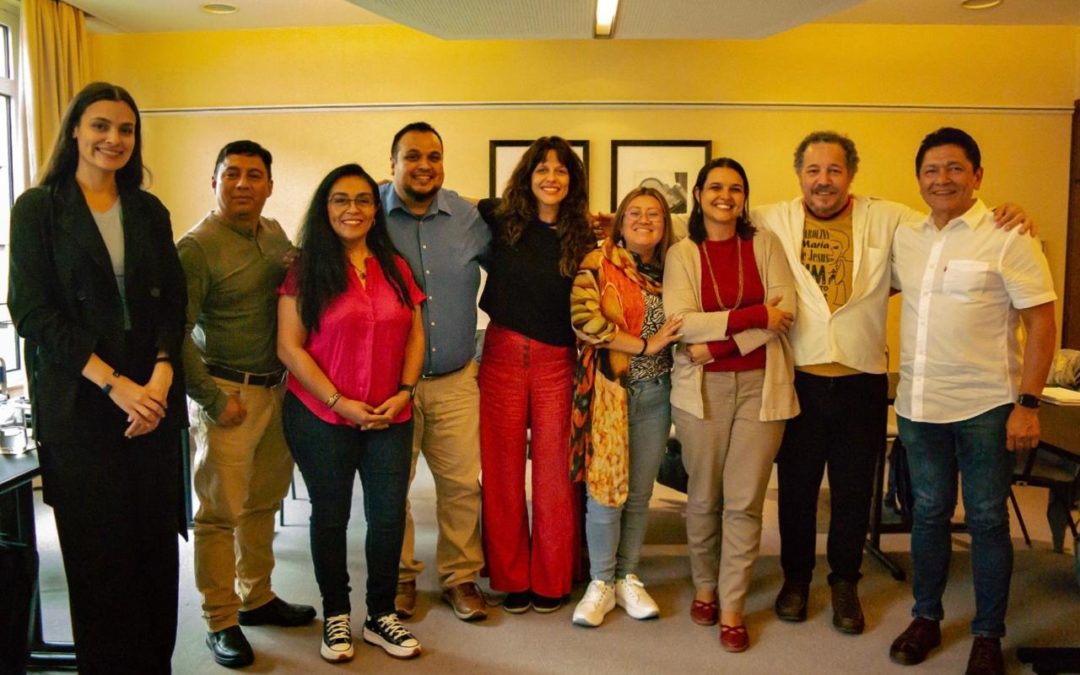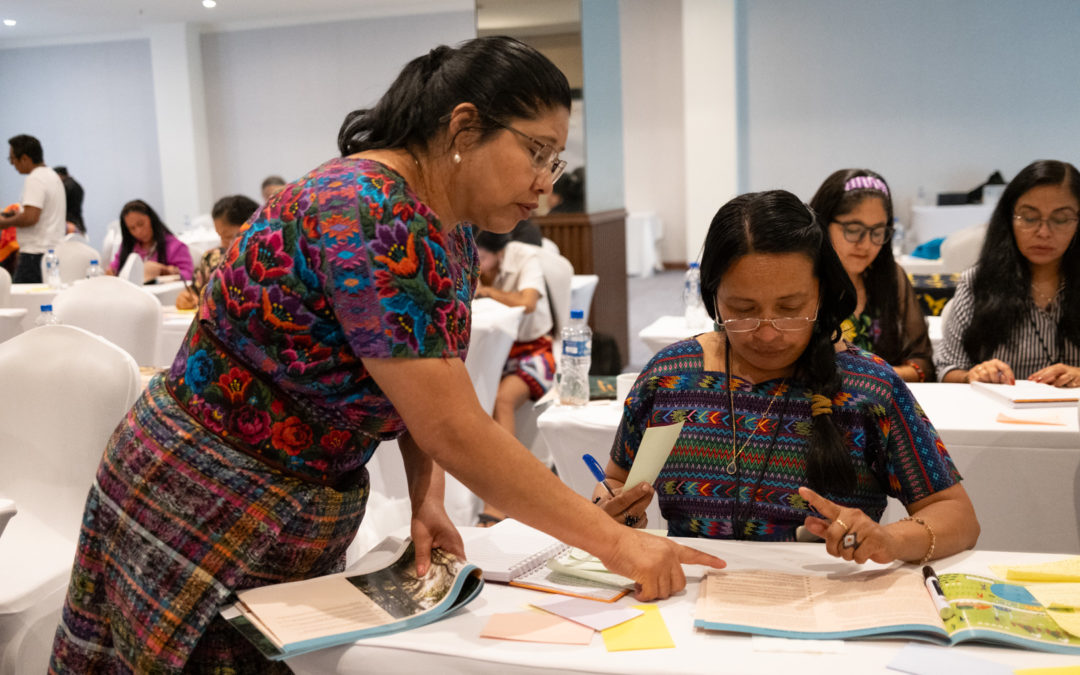Guatecarbon will become the first community project at Guatemalan level to receive payment under FCPF – World Bak scheme
The Forest Carbon Partnership Facility (FCPF) approved the entry of Guatemala as a signatory of the Emissions Reduction Purchase Agreement (ERPA) with the World Bank. In session on June 17, the organ announced its non-objection so that Guatemala is part of its carbon portfolio.
With this decision, Guatecarbon will become the first Community project on Guatemalan soil to be part of this payment scheme by reducing emissions. Guatecarbon is a project of the Association of Forest Communities of Petén (ACOFOP) in conjunction with the National Protected Areas Council (CONAP) of Guatemala, created to address the need for actions for mitigation to climate change related to gas emissions of Greenhouse effect (GHG). The initiative is based on the methodology of the FCPC Methodological Framework and the mechanisms established by the United Nations REDD + program.
ACOFOP, in addition to participating in the National Emissions Reduction Program with its GuateCarbon project, also participates in the FCPF as an observer elected by Civil Society in Latin America. Since this role has contributed in the construction of participation spaces for indigenous peoples and local communities, the construction of local capacities and follow-up to schemes, monitoring, reporting and verification and distribution of benefits from prior consultation, free E Informed among others.
“For Guatemala, this is a milestone because it marks the entry into compliance with the Paris Agreement and the national emission reduction commitments. This because 95% of the emission reductions that Guatemala will deliver to the FCPF committed to the ERPA (10.5 million tons of CO2E) will be returned to the country by the World Bank to comply with the NDCs (nationally determined contributions) “
Sergio Guzmán, who represents ACOFOP in this space.
Guatemala joins a list of fifteen countries to sign an ERPA with the World Bank, which will be able to access a payment for REDD + activities. Costa Rica and Dominican Republic are the other countries of the region on that list.
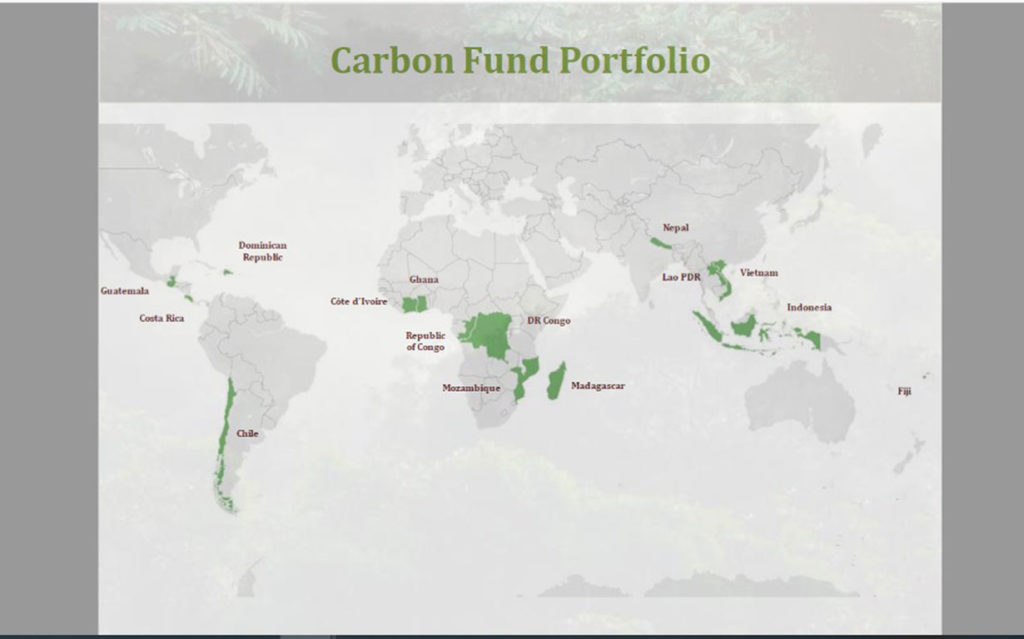
The contract with Guatemala (ERPA) is for 10.5 million tons of CO2e at a price of 5 dollars each, which represents 52.5 million dollars for the country in a period of five years (2020-2025). The country is in the process of preparing its monitoring report with the support of the Inter-American Development Bank (IDB). The signature is projected to be completed in August 2021, once all the requirements have been completed by the Government of Guatemala. The World Bank’s carbon fund ends on December 31, 2025.
An ERPA is a legally binding contract that allows one party to deliver verified carbon credits to another; that is, paying a government, community or company once it has generated a decrease in greenhouse gases (GHG), according to a series of requirements and conditions.
Call for renewal of community forest concessions
In the June 17 session, Rights + Resources (RRI) and Global Land Alliance (GLA) presented to the FCPF a study that highlights ACOFOP’s model of forest concessions in Petén Guatemala, as a successful example of community forest management and governance, as well as collective rights and sustainable use.
The study places the renewal of concession contracts in Petén as a priority in Guatemala and as an example to follow in Latin America.
